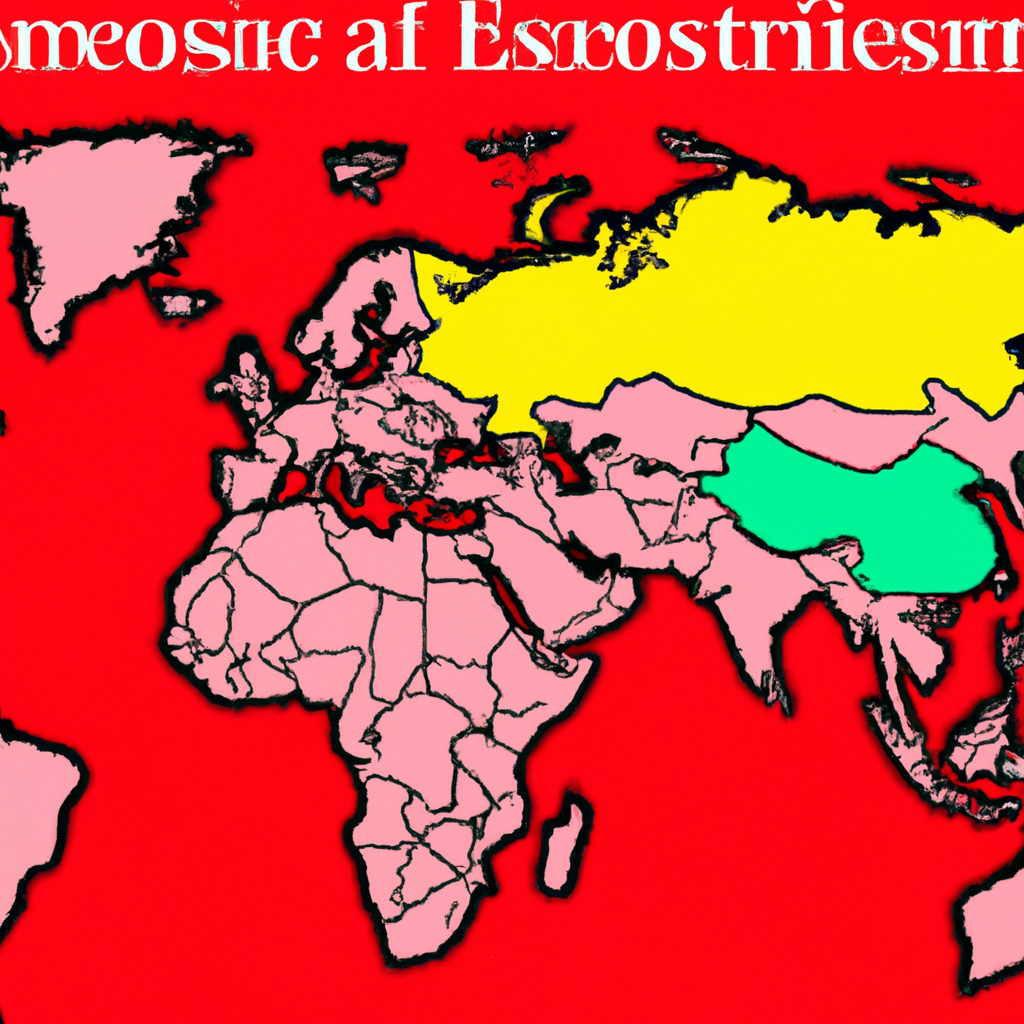In the intricate tapestry of global economic thought, Austrian Economics has carved out a distinct and influential niche. Originating in the late 19th and early 20th centuries with seminal contributions from luminaries such as Carl Menger, Ludwig von Mises, and Friedrich Hayek, this school of thought emphasizes the spontaneous order of free markets, the importance of individual choice, and a skepticism towards central planning. But how far has this ideology traveled beyond its Austrian roots? Which countries have embraced the principles of Austrian Economics, and how have they integrated these ideas into their economic policies and frameworks? In this article, we embark on a journey across continents to explore the nations that have adopted Austrian economic principles, examining the extent and impact of this adoption on their economic landscapes. From the laissez-faire leanings of the United States to the burgeoning interest in Eastern Europe, join us as we uncover the global footprint of Austrian Economics.
### Understanding the Global Influence of Austrian Economics
Austrian Economics, with its roots dating back to the late 19th century, has left a significant imprint on the global economic landscape. Founded by Carl Menger and later expanded by economists like Ludwig von Mises and Friedrich Hayek, this school of thought emphasizes the importance of individual action, spontaneous order, and the subjective theory of value. Austrian Economics diverges from mainstream economic theories by focusing on the dynamic and often unpredictable nature of human decision-making and market processes.
One of the core tenets of Austrian Economics is methodological individualism, which posits that economic phenomena can be traced back to the actions and decisions of individuals. This perspective challenges the more aggregated approaches of other schools and offers a granular understanding of market dynamics. By focusing on human action, Austrian economists argue that market processes are driven by the subjective preferences and information available to individuals, making it inherently difficult to predict outcomes with mathematical precision.
The Austrian view of market processes is also characterized by the concept of spontaneous order. Unlike centrally planned economies, which rely on top-down directives, spontaneous order arises naturally from the voluntary interactions of individuals. This idea was significantly advanced by Hayek, who argued that decentralized decision-making allows for a more efficient allocation of resources, as individuals possess localized knowledge that cannot be fully aggregated by a central authority. Hayek's insights into the role of information in economics have influenced contemporary debates on the limits of central planning and the benefits of market-based solutions.
Austrian Economics has also made substantial contributions to the understanding of business cycles. Ludwig von Mises and later Murray Rothbard developed the Austrian Business Cycle Theory (ABCT), which attributes economic booms and busts to distortions in the money supply and interest rates, often caused by government intervention and central bank policies. According to ABCT, artificially low interest rates lead to malinvestment—investments that seem profitable due to distorted price signals but are unsustainable in the long run. When the market corrects these misallocations, a recession ensues. This theory has been influential in critiquing monetary policy and advocating for a return to sound money principles.
The influence of Austrian Economics extends beyond academia into policy and public discourse. Think tanks like the Mises Institute and the Cato Institute have played pivotal roles in promoting Austrian ideas, advocating for limited government, free markets, and individual liberties. These institutions have helped shape policy debates on issues ranging from monetary reform to regulatory overreach.
Moreover, Austrian Economics has found a receptive audience among libertarian and classical liberal movements worldwide. Its emphasis on individual freedom, skepticism of government intervention, and advocacy for free-market capitalism resonate with those who champion personal liberty and economic freedom. The global reach of these ideas is evident in the proliferation of Austrian economics seminars, publications, and online platforms that engage a diverse audience.
In conclusion, Austrian Economics offers a distinctive and influential perspective on understanding economic phenomena. Its focus on individual action, spontaneous order, and the pitfalls of government intervention provides valuable insights into the functioning of markets and the nature of economic cycles. As the global economy continues to evolve, the principles of Austrian Economics remain relevant, challenging conventional wisdom and inspiring new generations of economists, policymakers, and thinkers.
